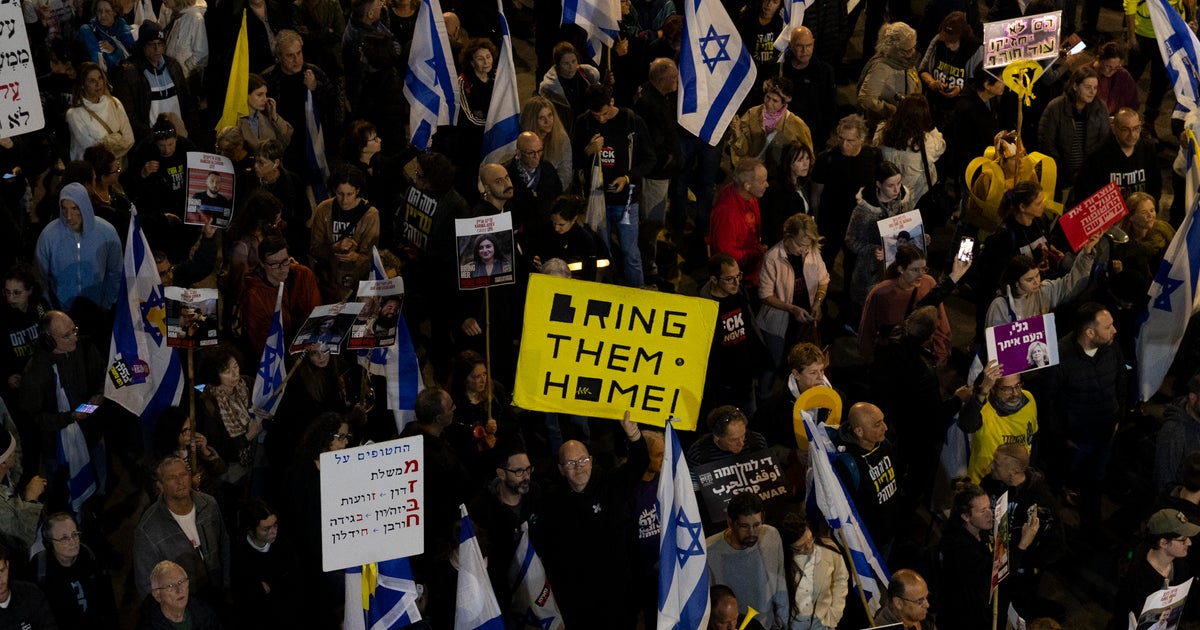White House says potential Iran retaliation against Israel could come this week
The Biden administration is preparing for a potential attack on Israel by Iran and its proxies as soon as this week, in retaliation for the recent assassinations of top leaders of Hamas and Hezbollah.
"We have to be prepared for what could be a significant set of attacks, which is why, again, we have increased our force posture and capabilities in the region even in just the last few days," White House national security spokesperson John Kirby told reporters on Monday.
The Pentagon, which rarely makes public statements on the location of submarines, said Sunday that Defense Secretary Lloyd Austin has ordered the USS Georgia, a nuclear-powered guided missile submarine, to the region. Austin has also ordered the USS Abraham Lincoln carrier strike group to "accelerate" its movement from the Indo-Pacific to the Middle East.
The moves were made, according to the Pentagon, to protect U.S. forces in the region as well as to help Israel defend itself against an anticipated retaliatory attack by Iran and its proxies.
U.S. officials told CBS News that a limited attack from both Hezbollah and Iran could come with little to no warning. Hezbollah is and has been positioned to launch attacks with virtually no warning. Iran has made enough preparations to launch a limited attack with a little warning, potentially coordinated with a Hezbollah offensive.
The administration has been bracing for an attack ever since Iran publicly blamed Israel for back-to-back assassinations of top leaders of Hamas and Hezbollah at the end of July. Israel has claimed responsibility for killing Fouad Shukur, a top Hezbollah commander, in Lebanon, but has not confirmed involvement in the death of Hamas political leader Ismail Haniyeh, who was killed while visiting Tehran on July 31.
In April, Iran launched more than 300 drones and missiles at Israel that did minimal damage, thanks to Israeli air defenses and help from the U.S. and other allies.
This time,U.S. officials are concerned about how Hezbollah's potential entry into the fight may prompt the wider regional war that the Biden administration has been trying to avoid since Oct. 7, when Hamas attacked Israel, leading to Israel's retaliation in Gaza. Hezbollah, according to the CIA World Factbook, has an estimated 150,000 rockets and missiles it could use against Israel while Israel is still fighting a war against Hamas in Gaza.
Kirby expressed optimism that cease-fire negotiations could continue this week in Doha, Qatar, to end the fighting in Gaza.
"We fully expect that those talks are going to move forward. And they need to move forward. All negotiators should return to the table and bring this deal to a close," Kirby said.



